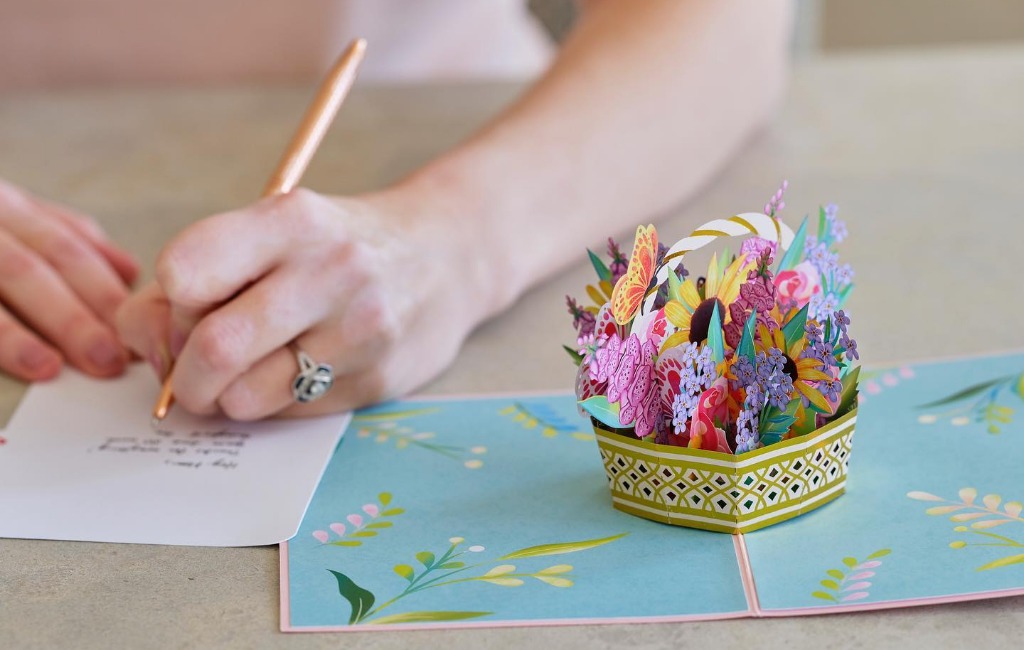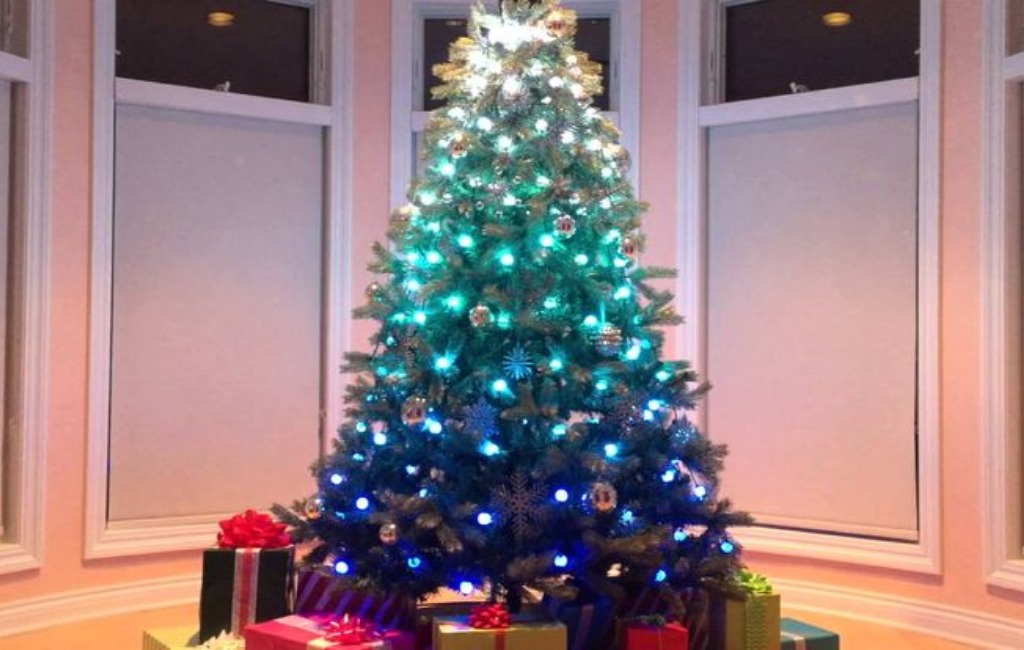Lovepop – Pop-up Greeting Cards
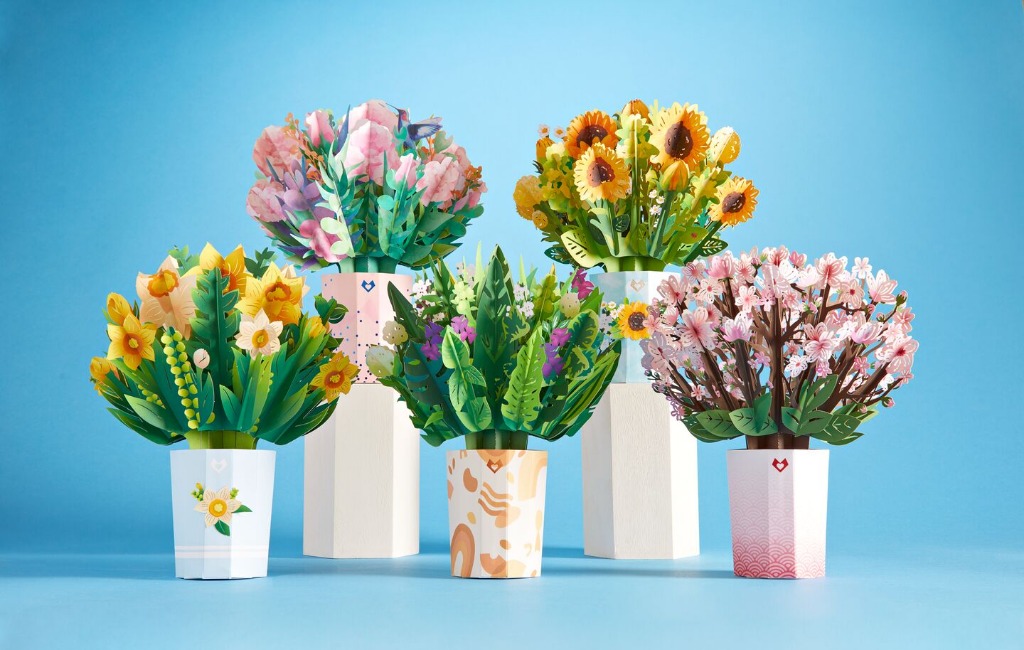

DEAL
EPISODE SUMMARY
🕓 Air Date: December 11, 2015
Asking For:
$300,000 for 10%
Investor:
Kevin O'Leary
Deal:
$300,000 for 15%
PRODUCT SUMMARY
Lovepop creates intricate paper art greeting cards that pop, providing a unique and tangible way to connect with loved ones.
WATCH HERE
IN A RUSH?
Click these to jump to the section you want to read.
Background Story
Lovepop, founded by John and Wombi, originated from their shared background in ship design. After meeting in undergrad ship-design school, John designed ships in Louisiana, while Wombi pursued a master’s at M.I.T. They reconnected in business school at Harvard, where the idea for Lovepop took shape during a trip to Asia. Encountering the art form of sliceform kirigami, they were inspired to create intricate pop-up cards.
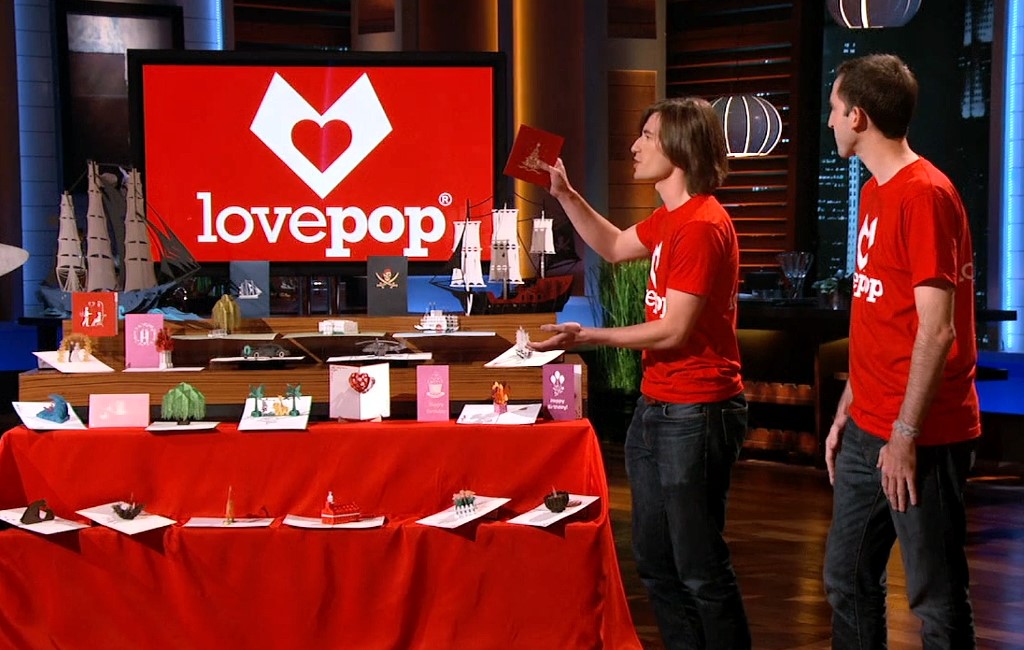
With a vision to offer a more thoughtful alternative to traditional cards, they started designing and selling cards while still in school. Lovepop officially launched a year and a half ago, and despite being recent Harvard graduates, they managed to generate $300,000 in sales.
The Product
Lovepop’s greeting cards are not just ordinary cards; they are handcrafted, intricate paper art that pops up when opened. In a world dominated by digital interactions, Lovepop aims to bring a personal touch to greetings. The cards are designed using computer software, the same used for ship design, and then laser-cut for precision. With around 100 different designs, each card is a piece of accessible art.
The business model involves kiosks, with four located in Boston, where customers can experience opening the cards. This interaction serves as a marketing tool, bringing customers into the Lovepop ecosystem.
Additionally, Lovepop offers online services like “Send a Surprise,” allowing customers to have a handwritten note added to the card and mailed for an additional fee ranging from $8 to $13 per card. The founders emphasize building a community around the brand, with a focus on profitability through the kiosk model.
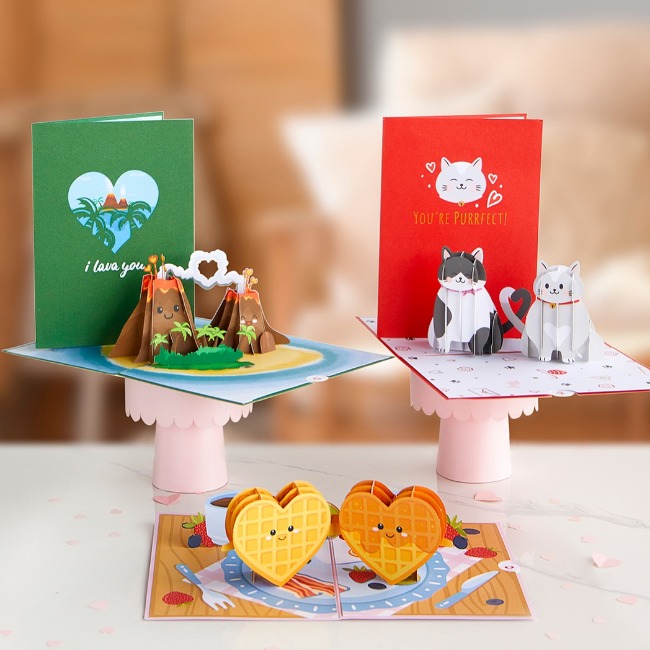
How It Went
The company’s position before Shark Tank
In the year and a half since its inception, Lovepop has achieved $300,000 in sales, with a unique business model centered around kiosks and an online ecosystem. The founders have opened their own production facility overseas, currently producing 20,000 cards per month. The kiosks serve as a profitable marketing vehicle, attracting customers who then join the Lovepop community online.

While the valuation may be deemed high at $3 million, the founders justify it by highlighting their focus on building a brand and community around Lovepop. With a valuation offered by the Sharks at $1.5 million, the founders express confidence in their valuation and believe in the potential of their business model.
The Negotiations:
The Sharks were intrigued by Lovepop’s unique product and its potential in the market. Mark Cuban, Lori Greiner, and Barbara Corcoran opted out, expressing concerns about the business model, valuation, and the pace at which Lovepop was expanding. Mark Cuban, in particular, raised questions about the scalability of the kiosk model and the risks associated with real estate in the retail industry. Kevin O’Leary and Robert Herjavec both made offers of $300,000 for a 20% stake in the company.
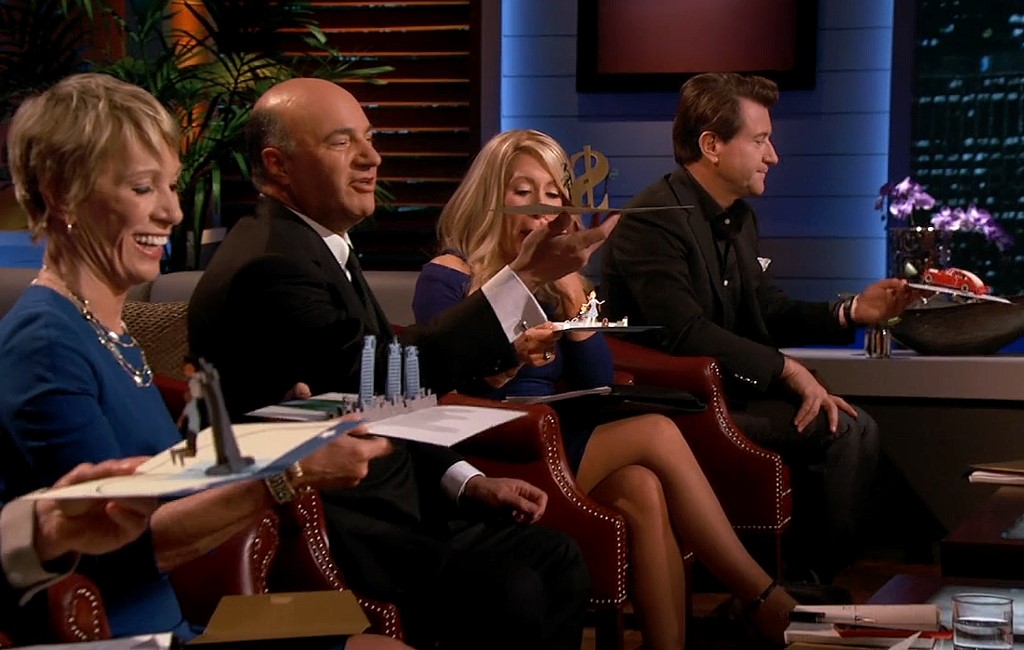
The founders countered, seeking a 15% stake for the same amount. In the end, they accepted Kevin O’Leary’s offer of $300,000 for a 15% stake, citing his understanding of the wedding business and potential opportunities for growth. Ultimately, Lovepop chose to partner with Kevin O’Leary, appreciating his business acumen and belief in the wedding industry’s potential for their unique greeting cards. The founders expressed excitement about the value Mr. Wonderful (Kevin O’Leary) would bring to their company.
